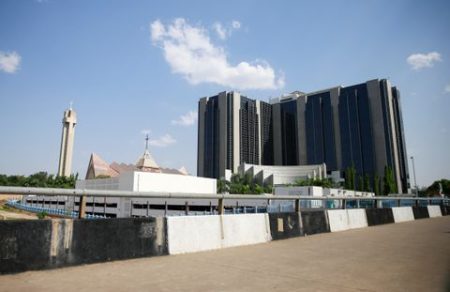
Mkpoikana Udoma
Port Harcourt — The Federation Accounts Allocation Committee, FAAC, has revealed disparities in Nigeria’s Value Added Tax contributions and allocations across geopolitical zones, with the South-West and South-South regions contributing the bulk of N1.48trillion VAT revenues in Q1 2025, but receive a disproportionately lower share in return.
According to the FAAC report, the South-West region contributed a total of N929.87 billion, led overwhelmingly by Lagos State, which alone generated N819.62 billion, accounting for more than 60% of the national VAT pool.
Despite this, the South West region received only N258.19 billion, just 28% of its contribution.
The South-South contributed N364.99 billion, largely from Rivers, Bayelsa, Delta, Akwa Ibom, and Edo, but received N171.19 billion, just 47% of what it paid in.
By contrast, lower-contributing regions received significantly more than they contributed, raising fresh concerns over equity and fiscal justice.
The South-East contributed N28.37 billion in VAT but received N104.50 billion, a staggering 368% return. The North-East posted similar figures, contributing N30.04 billion and receiving N124.20 billion, 345% of its contribution.
North-West contributed N68.05bn, received N176.74bn (260%), while the North-Central contributed N52.70bn, received N126.16bn (239%)
Lagos remained the country’s VAT powerhouse in Q1 2025, generating N819.62 billion, nearly triple the second-highest contributor, Rivers State, which posted N278.23 billion.
Other high-performing states included Oyo, Bayelsa, Kano, and Edo, reflecting relatively stronger consumption patterns and commercial activity.
On the other end of the spectrum, the least contributing states included Taraba (N2.33bn), Imo (N2.34bn), Cross River (N2.65bn), Abia (N2.92bn), and Zamfara (N3.77bn), underscoring the wide economic gap between Nigeria’s states and the implications of a centralised VAT redistribution formula.
The data underscores Nigeria’s long-standing debate over fiscal federalism and revenue sharing, with high-contributing regions calling for restructuring of the current allocation formula.
While the federal allocation formula aims to support less economically active regions through equalisation, critics argue that it disincentivises productivity and overburdens revenue-generating states.
The FAAC’s VAT pool is shared using a combination of derivation, population, and equality factors.



